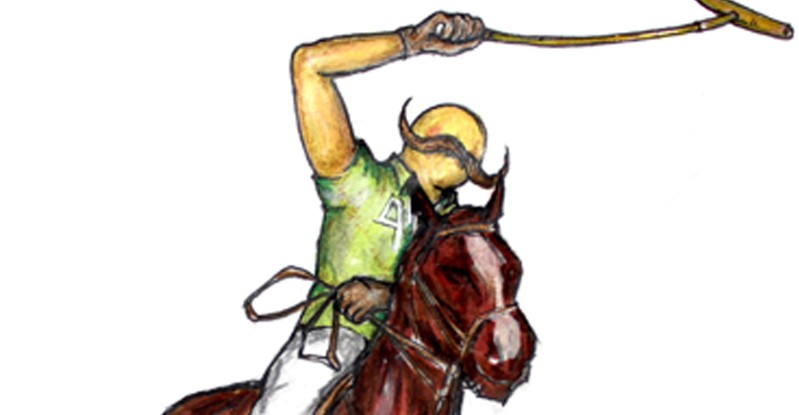Consoles have finally killed their predecessors
Anthony Biondi — The Cascade (University of the Fraser Valley)
ABBOTSFORD (CUP) — Alien Vs. Predator was one of the greatest games I ever sank my coins into. I spent a large part of my childhood standing in front of a massive box inset with a television and joysticks at a public arcade. I spent hours shooting dinosaurs and flying fighting jets.
Imagine my excitement when I purchased my first console and could have this same experience at home. Still, something special was lost in the change from arcade to my Super Nintendo Entertainment System (SNES).
Consoles have been around for ages. The golden age of arcade gaming was in the ’80s and ’90s, and although arcades were popular, gamers were already well acquainted with the Atari and Nintendo Entertainment System. These systems quickly evolved into Sega Genesis and SNES. But during this time, the arcade lived on. So how did the arcade live side-by-side with the console and survive up until now?
The charm of the arcade was traditionally in supplying the player with cutting-edge entertainment in formats the console could not provide. It could come in the form of a customized gun controller, a taller screen for overhead scrolling, a motorbike seat, or even the entire cockpit of a spaceship complete with lights and movement. This level of immersion and interactivity was profound and exciting. It took us from our daily lives and placed us completely into another world. The older, at-home consoles could not provide this kind of immersion. They were limited by the size of the screen, the basic hardware and the handheld controller. Since the arcade could break this boundary, it remained an exciting social experience.
Arcades still have this variety, but home consoles have become competitors. Motion games and interactive tools — as well as the expansion of TV capabilities and the realism displayed in recent consoles — now allow us to experience this level of immersion from our couches at home. No longer do we need to go to a dedicated facility to find ourselves lost in another world. High-definition graphics and dynamic storytelling coupled with longer and more intensive experiences opened the gaming world up to a whole new style of play. The arcade may have allowed us briefly into this world, but now our consoles not only take us there — they keep us there longer.
The second blow comes from the social aspect of gaming. Before the creation of the Internet and online games, gamers competed against each other in person in front of a united screen. Scoreboards would tell us that our friend was 50 points ahead of us, and we had to play again to beat him. The arcade was a place to compete for dominance. It was a contest of perfection and highest scores. It was all about multiplayer gaming. This was the arcade’s strongest trait, and one that not even the inclusion of four controllers on the Nintendo 64 could beat.
Nowadays, though, we can experience live multiplayer gaming from home, and on a grander scale than the awkward split-screen. Online consoles have solidified themselves in the recent generation, expanding into a full-blown phenomenon. Platforms like Xbox Live and the PlayStation Network allow us to instantaneously interact with not only our friends, but people from around the world as well. The console has stolen the core experience from the arcade and improved upon it.
The online gaming community has not only wounded the arcade establishment; it has poured salt over every cut. The release of the online arcade and online shops selling classic games has taken part of the nostalgia away. Because of this, the fate of the arcade has been sealed in digital dollars and a worldwide community.
Its strongest traits stolen, the arcade is left a washed-out novelty. It is now a place to go to reminisce. Sure, pinball and Dance Dance Revolution had their moments, but they cannot keep the sinking ship of arcade gaming afloat. With the lack of frequent customers, arcades have had to resort to other games such as mini-golf and go-karts to keep customers coming. However fun these items may be, they will never be the same as the good old days of true arcading.
Arcade is dead. Long live arcade.
-30-


